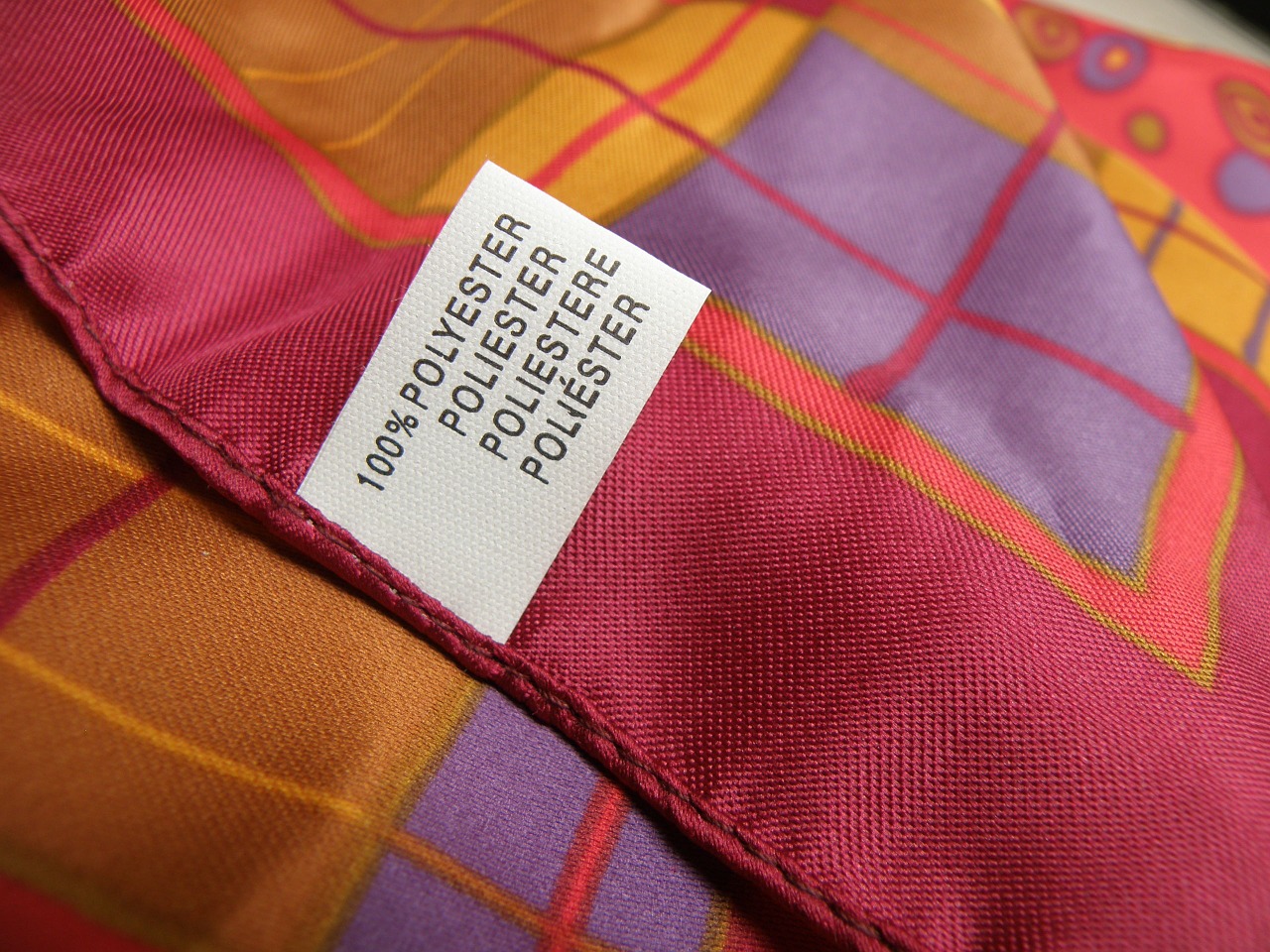The detrimental impact of fast fashion on the environment shows no sign of slowing down. It’s estimated that £140 million worth , or 300,000 of clothing goes into landfill in the UK alone each year, and this only seems set to increase. But as well as the negative eco effects of clothes literally going in the bin, the environmental impact of clothing production in the first place is huge. 20,000 litres of water is needed to produce a single cotton t-shirt. The use of non-reusable single use plastics in polyester clothing is unsustainable, and this is why new recycling methods are essential. In this article, we’ll have a further look at new recycling methods which have the potential to truly close the loop in fashion production.
Why closed loop systems are essential for a sustainable fashion industry
‘Closing the loop’ in the fashion production chain will ensure that clothes are designed, manufactured, used and recycled for as long as possible in their lifespan, creating a lasting useability for each product. For the global fast fashion chain this is the ultimate goal. A closed loop system will minimise environmental impacts and waste generation, efficiently using natural and other resources throughout the entire cycle. Put simply, new clothes will be entirely created from ones that already exist, eliminating the need for any more new raw materials such as cotton, oil and polyester to meet demand for fashion.
Due to different fibres used in garments and the many different elements of the fashion supply chain, this has been a difficult task in the past. Recycling polyester, of which many fast fashion garments are made has been particularly hard. However, new technology now has the potential to reuse unwanted textile garments by recycling them into quality new fibres, making a true closed loop system a possibility.
The exciting eco-friendly future of polyester recycling
Current methods and outcomes for recycling has had patchy success. Not only is it a challenge to encourage consumers to donate their items for recycling in the first place rather than put them in landfill, but traditional mechanical recycling methods have found it difficult to separate blended polyester and cotton, as well as dyes and impurities from the fibre.
Fortunately, advances in chemical recycling capabilities provide better outcomes for quality recycling, giving the fashion industry the tools to potentially genuinely close the loop. Worn Again Technologies is one such company. They’ve developed a polymer recycling technology that separates, decontaminates and removes polymers from non-reusable polyester fabrics and PET bottles, turning them into high quality, reusable materials. Cellulose fibres from cotton can be better extracted too, developing a much better product standard.
If chemical recycling can achieve a high quality recycled produce, then this is exciting news for a sustainable fashion future. Not only will the oil needed to produce polyester be dramatically reduced, but the natural resources needed and exploited for producing cotton will be minimised too.
A closed fashion loop: a realistic future?
Quality, cost-competitive recycled polyester and cotton that no longer need new resources to be created are the ultimate goal for a sustainable fashion industry. But although the technology may now exist to create a circular supply, or become much more commonplace in the near future, technology alone is not the answer. Engaging the public and fashion consumers to donate, not throw away will be essential. Collection systems for clothes donating will need to be improved to supply the volume needed, and this will require investment and determination across the whole supply chain. As ever with all things sustainable, the public need to address their addiction to over-consumption of fast fashion in the first place. But a circular, closed-loop fashion system is the ultimate sustainability goal. If all new clothes can be made from clothes that already exist, fashion will significantly reduce its impact on the environment. It’s definitely an exciting development.
Textile Consult operates globally and in the UK, consulting on a variety of management, training and sustainability issues within the textile industry. Contact us today to find out how we’ll work with you to find effective, sustainable solutions for your company.


